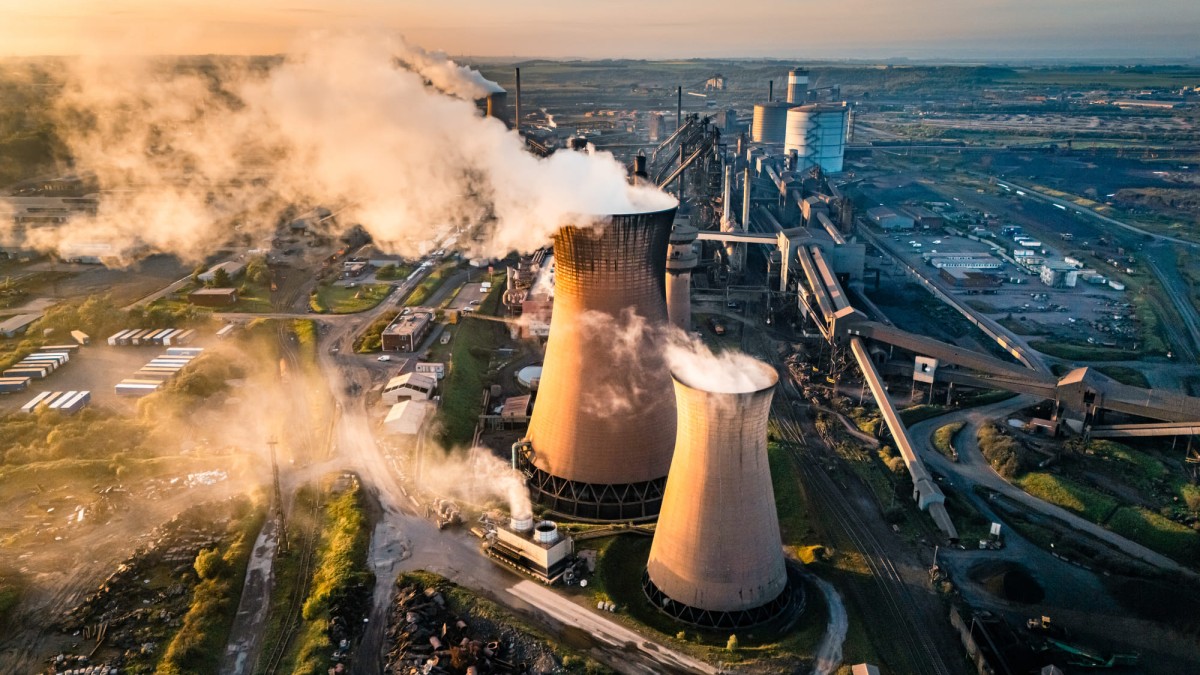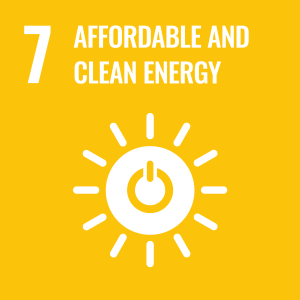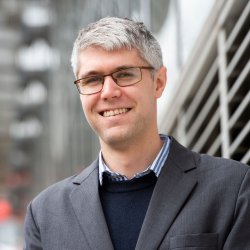Surrey’s carbon capture technology could help the UK rival global competitors in race to produce clean fuel from air
A unique carbon capture technology developed by researchers at the University of Surrey could offer a more cost-effective way to remove carbon dioxide (CO₂) from the air and turn it into clean, synthetic fuel.

A study published in Applied Energy demonstrated that the Dual-Function Material (DFM) process – which combines carbon capture and conversion – could match or outperform more established industry methods. Under optimal conditions, it was shown to remove carbon at a cost of US$740 per tonne, with the potential to drop below $400 as materials improve.
Using superstructure optimisation – an advanced modelling technique - the team tested a wide range of configurations to identify the most cost-effective design for capturing 10,000 tonnes of CO₂ per year – a scale comparable to other commercial systems.
With further improvements in material performance and catalyst cost, researchers suggest it could hold promise for large-scale deployment and can be integrated with existing industry infrastructure.
The Intergovernmental Panel on Climate Change (IPCC) warns that limiting global warming to 1.5°C will require not only cutting emissions but also removing billions of tonnes of CO₂ from the atmosphere this century.
In the lead up to Net Zero target deadlines, the technology offers a promising and economically viable route to help achieve that goal – while helping us to reduce overreliance on fossil fuels.
###
Notes to editors
- Dr Michael Short and Dr Melis Duyar are available for interview; please contact mediarelations@surrey.ac.uk
- The full paper is available at https://www.sciencedirect.com/science/article/abs/pii/S0306261925001436
Related sustainable development goals



Featured Academics
Media Contacts
External Communications and PR team
Phone: +44 (0)1483 684380 / 688914 / 684378
Email: mediarelations@surrey.ac.uk
Out of hours: +44 (0)7773 479911

